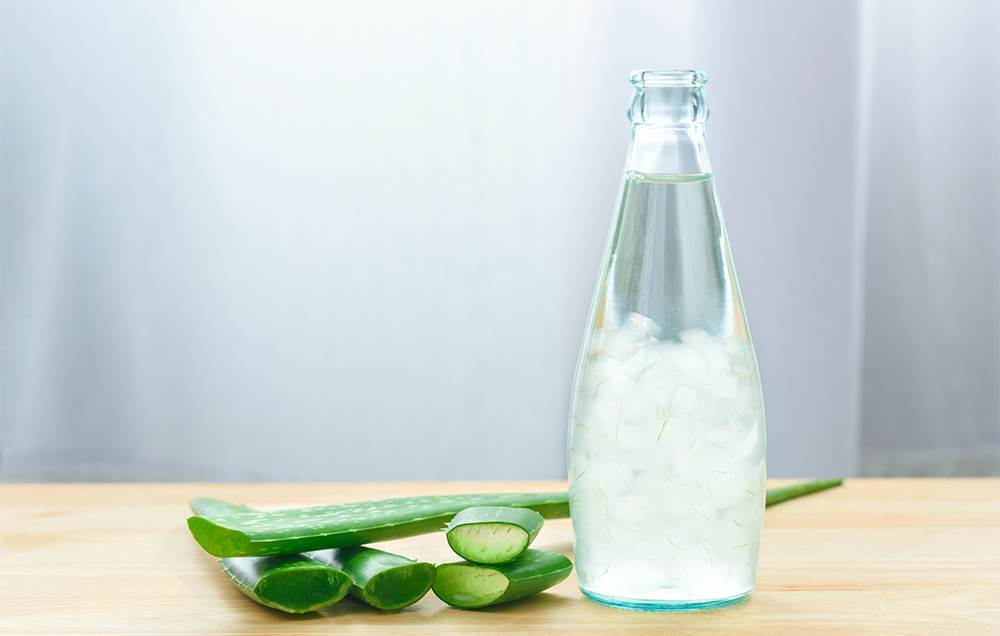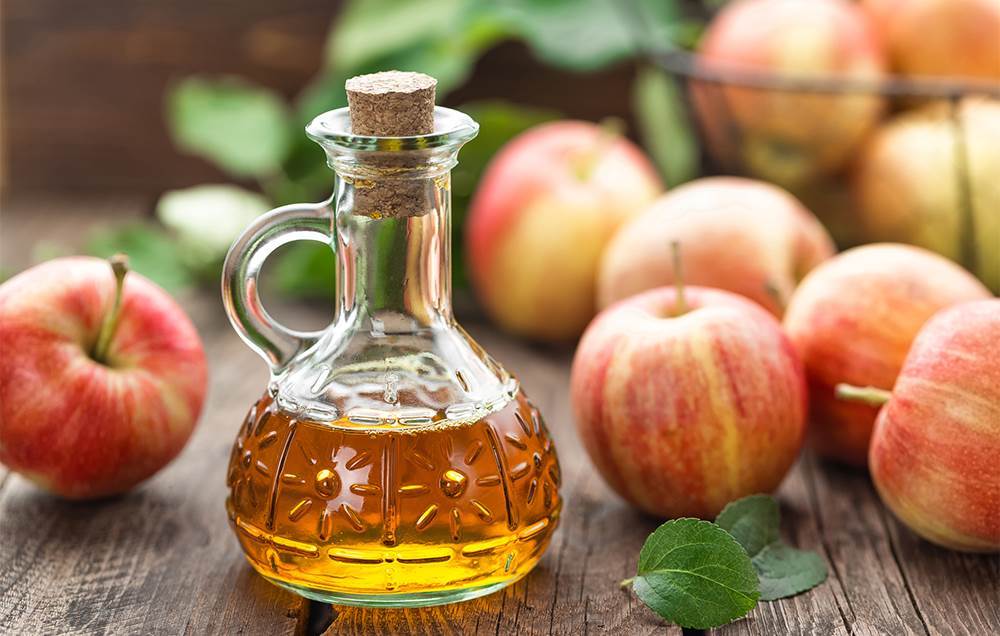Most people get heartburn once in a while—that achy, fiery feeling in your chest after polishing off a big, fatty meal, also known as acid reflux. What is that, exactly? “At base, reflux is stomach juice moving from the stomach up into the oesophagus or further up,” says gastroenterologist Dr Kevin Ghassemi. (Your oesophagus is the canal that connects your throat to your stomach.)
This unwanted backflow of stomach juice can happen for several reasons. Being overweight or obese can create “abdominal pressure” that forces food back up into the oesophagus, Dr Ghassemi says. Or sometimes, taking certain medications (like painkillers, antihistamines, calcium channel blockers, or antidepressants) can cause the valve that links your stomach and oesophagus to malfunction, according to the National Institute of Diabetes and Digestive and Kidney Diseases. When this happens, the stomach contents can migrate into the oesophagus, where they don't belong, Dr Ghassemi says.
If you're experiencing acid reflux more than a couple times a week, you may have gastroesophageal reflux disease (GERD). Patients with GERD are typically prescribed proton-pump inhibitors (brand names include Prilosec, Nexium and Prevacid, among others), which block the production of stomach acids.
If you don't want to rely on medication, experts say there are natural remedies for acid reflux that may also provide relief. We’ll get to those home remedies in a minute. But first, one important warning: If whatever you try doesn’t work—that is, if your heartburn or other symptoms keep coming back—you need to let your doctor know.
“People think heartburn is just heartburn, but it can have very serious consequences,” says gastroenterologist Dr Bruce Greenwald. Reflux is the number one risk factor for esophageal cancer. It can also cause scarring and narrowing of the oesophagus, as well as breathing problems—including asthma—and lost dental enamel, Dr. Greenwald cautions. So don’t just ignore your reflux symptoms; tell your doc.
That warning aside, here are six home remedies for acid reflux that health experts say are worth trying.
(Want to pick up some healthier habits? Sign up for FREE to get healthy living tips, weight loss inspiration, slimming recipes and more delivered straight to your inbox!)






Photograph by Getty Images
Drink aloe vera juice
You already know that aloe can help soothe a sunburn, but some people with acid reflux and GERD swear that the plant can soothe heartburn symptoms, too. “A number of patients have told me aloe vera juice helps them,” Dr Ghassemi says. “Aloe has lots of healing properties, and patients say drinking it relieves heartburn.” Dr. Greenwald says he’s heard the same from his patients, too. “Aloe vera is thought to be protective of the GI tract, and people say it helps them,” he says. Both doctors say the evidence in support of drinking aloe vera is far from conclusive. But one recent study found drinking about an ounce of aloe vera syrup could safely relieve reflux symptoms.
Photograph by Getty Images
Identify your triggers
"For years, reflux patients were cautioned to avoid acidic or acid-promoting foods. Greasy or fatty foods are some examples,” Dr Greenwald says. Tomato-based foods, spicy foods, caffeinated or carbonated beverages, chocolate, and fast foods are also foods patients are often told to avoid, Dr Ghassemi says. But we now know this precaution may not be necessary. "A lot of people will not have any symptoms related to those foods. Different individuals have different food triggers, and if you’re cutting out all those foods, that’s a really restrictive diet that may not be needed to control your reflux,” Dr Ghassemi says.
A better (and easier) option: Start writing down or taking photos of the foods or drinks that seem to instigate your reflux symptoms. In some cases, you may be able to cut a few prime offenders without making large dietary sacrifices, he says.
Photograph by Getty Images
Eat smaller meals
What you eat is just as important as how much you eat. Overeating can cause or worsen reflux symptoms, Dr Ghassemi says. But eating smaller, more frequent meals can help, he says. To ensure your mini-meals don't result in weight gain—something that can make acid reflux worse—be careful to pay attention to total kilojoule intake and food quality. In other words, just because you're eating snack-sized meals doesn't mean they should be comprised of packaged, high-kilojoule snack foods like chips and cookies.
Photograph by Getty Images
Avoid late-night eating
You want everything in your stomach flowing down, not up. And when you’re upright or on your feet, gravity helps encourage that downward flow, Dr Ghassemi says. But when you lie down, gravity is no longer an ally in that push to empty your stomach of its contents. To make sure your dinner stay down, Dr Ghassemi recommends enjoying your last meal or snack of the day at least two hours before lying down. This maximises the effect of gravity on stomach emptying, he explains.
If you tend to suffer from reflux at night, he also recommends placing some thin, firm cushions under the head of your mattress to tilt your whole bed at a slight downward angle. “Elevating the head of the bed can alleviate nighttime symptoms,” he says. Just be sure you’re not only elevating the top half of your body. If your top half is bent forward while your lower body is flat, that can compress your abdomen and worsen symptoms, he says.
Photograph by Getty Images
Try acupuncture
A small Chinese study compared six weeks of acupuncture to prescription reflux drugs. The surprising result: both worked equally well. Even four weeks after the study ended, the reflux patients who had received acupuncture were still enjoying a drop in symptoms. The people in the study received acupuncture two to three times a week for six weeks. There isn't too much additional research to back up the idea of treating reflux with acupuncture, but there’s also very little evidence that acupuncture is risky. So, cost aside, there’s not a big downside to trying it.
Photograph by Getty Images
Sip apple cider vinegar
Like aloe vera, apple cider vinegar (ACV) seems to provide some reflux patients with relief, Dr. Ghassemi says. “It’s a very acidic liquid, and I can’t explain why it helps them, but some do tell me it helps,” he says. But unlike aloe vera, there is almost no research backing up the idea that ACV can combat reflux. A graduate student at Arizona State University compared ACV to an antacid or a placebo and found no difference among the three—although all three did help relieve heartburn. While ACV may turn out to be bogus as a reflux remedy, it may be worth a shot. (Just ask your doctor before giving it a try.) To help the ACV go down a bit easier, dilute 1 to 2 tablespoons with 250mL of water.










